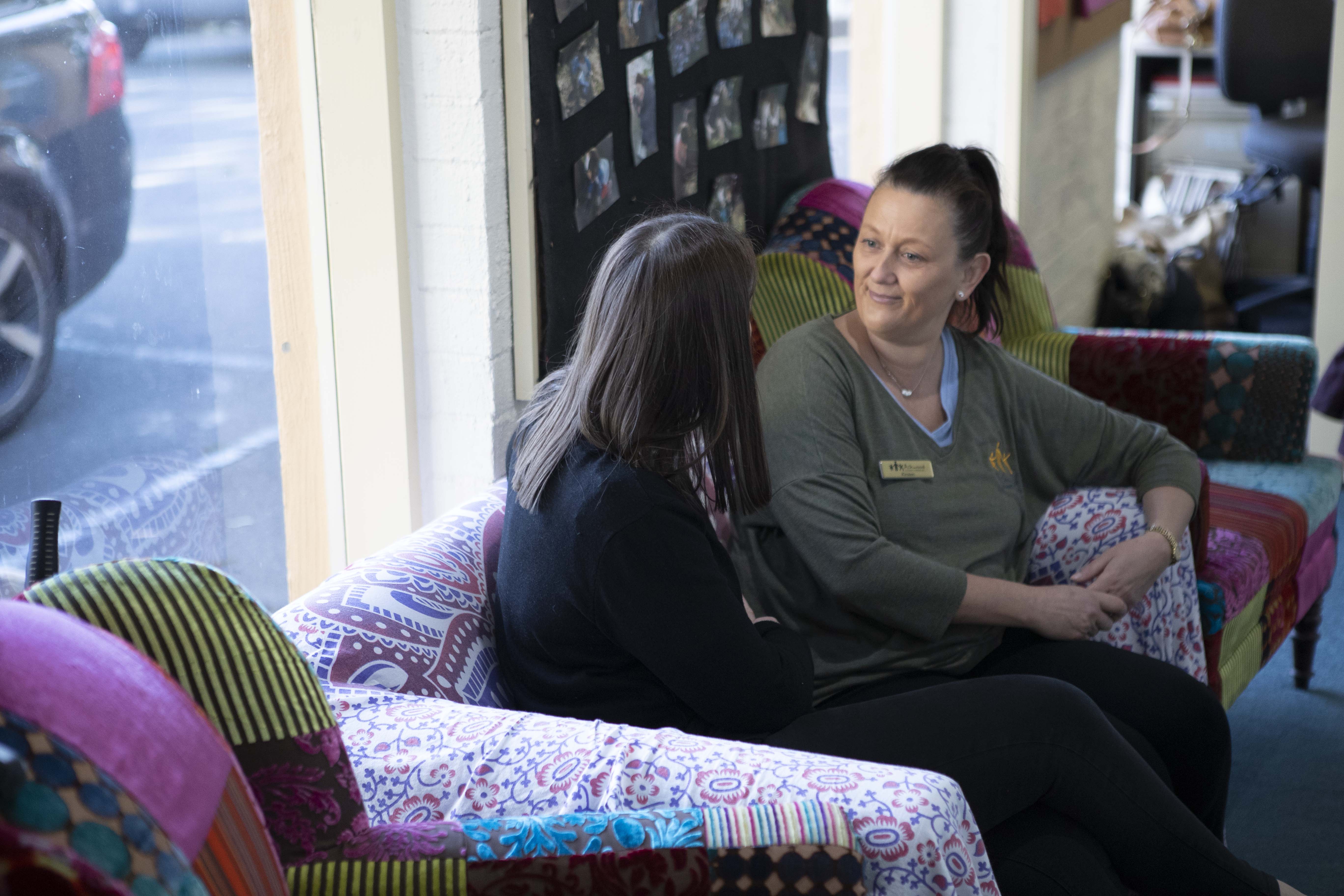Planning builds upon our new understandings to create informed, responsive goals.
How can both practices help strengthen and protect the mental health and wellbeing of everyone within our learning community?
Planning for this year
What now are our goals to build protective factors and strengthen mental health and wellbeing of our learning community in the year ahead?
- What have we identified we want to STOP doing?
- What have we identified we would like to START doing?
- What have we identified we would like to CONTINUE doing?
Reflecting and celebrating
Making time to acknowledge and appreciate individual contributions, celebrating what has gone well and how challenges were overcome is important for everyone’s sense of wellbeing.
Perhaps we begin by recognising and then celebrating the moments or achievements that brought us each satisfaction in our role and the moments and achievements that brought joy to our learning community?

Reflections assist in identifying our current perspectives
From these reflections, we can then identify our current perspectives and practices that act as a protective factor for the mental health and wellbeing of educators, children, young people and families in our setting.
Protective factors are characteristics that can be thought of as strengths or assets that help children, young people and adults to be resilient and maintain mental health and wellbeing.
Protective factors include characteristics relating to individuals, family circumstances, learning and the broader community such as:
- good communication, problem solving and social skills
- a strong sense of cultural identity and belonging
- connectedness between family and education setting.
Be You Professional Learning module: Understand
After watching the module above, we could ask ourselves the following reflective questions to help us explore our protective factors. These questions could be:
- What are some practices already in place which we recognise as supporting mental health and wellbeing?
- What are our rituals for welcoming new families and educators into our setting?
- How do we encourage connections between children, young people, families and educators?
Some ideas for keeping the momentum
- At your next team meeting, you could ask both new and current educators to share their personal educational philosophy to compare, contrast and engage in a reflective and robust discussion, and keep the conversation happening.
- Reconnect online with a Be You Consultant and other educators throughout the year to take advantage of what professional conversation and networking can bring to your work and our own wellbeing too.
- Refer back to theorists or mentors who have influenced our practice, and perhaps those that are new to us - reflect on their ideas, on our own and as a team.
And then ask ourselves, what do we want to achieve? What can we make possible for our children, young people and families and for our team this year.
Be You is free and registering is quick and easy.